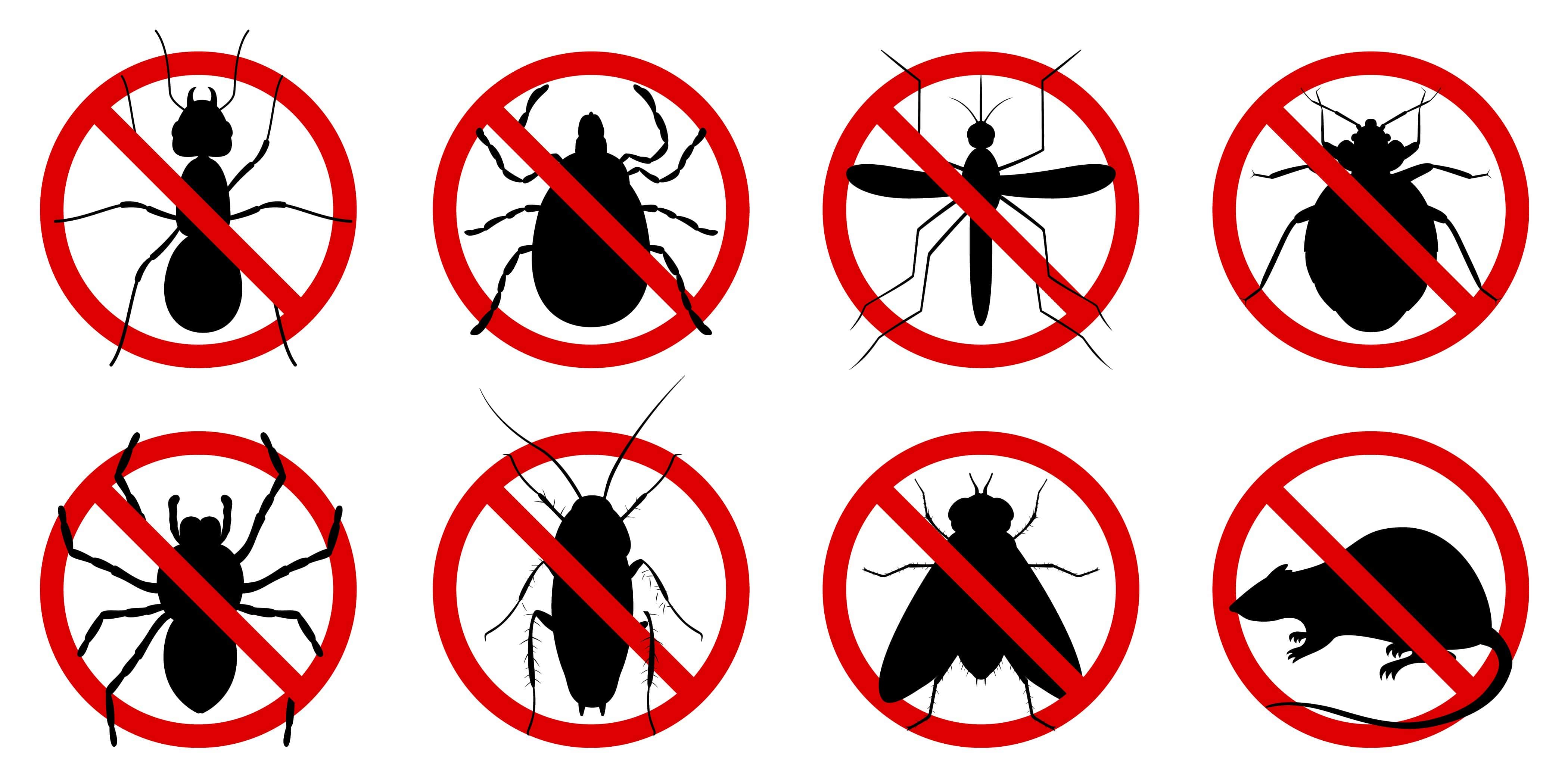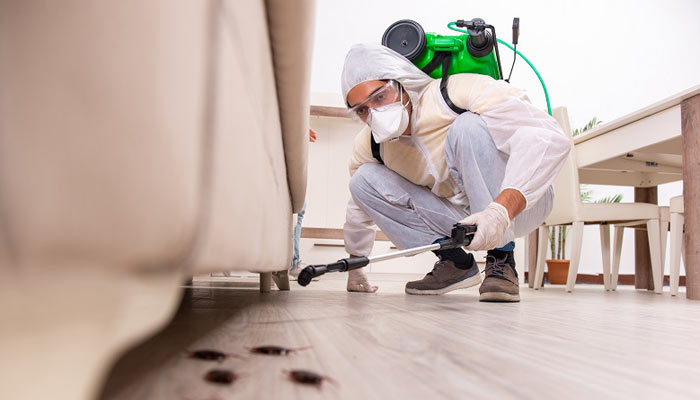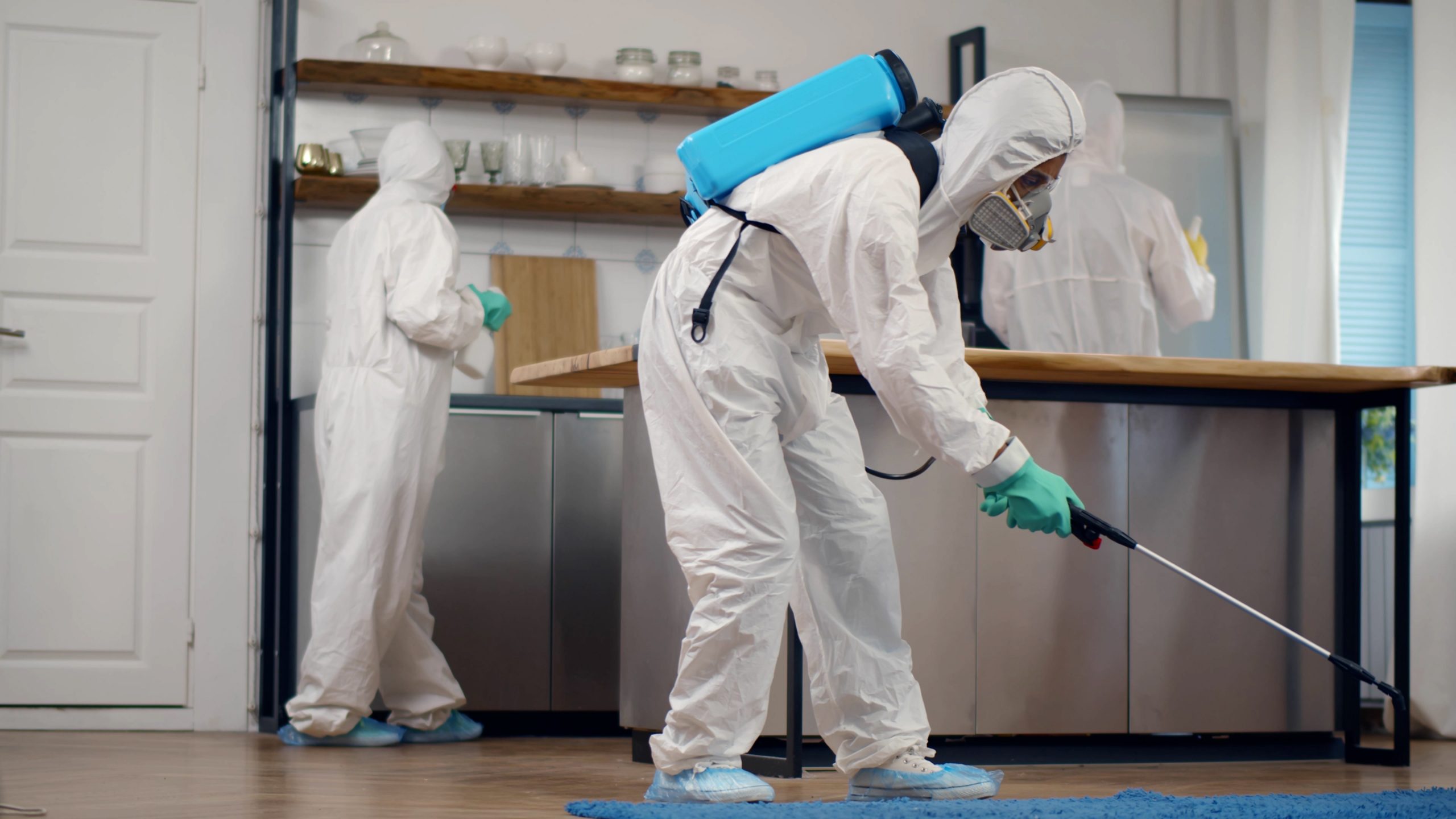Ultimate Overview to Parasite Control: Types, methods, and advantages
Parasite control is a critical aspect of preserving a secure and healthy and balanced setting, whether it be in property, industrial, or agricultural setups. Understanding the advantages, methods, and types of insect control methods can substantially influence the efficiency of parasite monitoring techniques.
Relevance of Pest Control
Parasite control plays an important function in keeping the health and wellness of both residential and commercial settings. By effectively managing and eliminating individuals, companies and bugs can stop the spread of conditions, secure residential or commercial property from damage, and make certain a tidy and hygienic living or functioning area. Insects such as bugs, rodents, and termites can pose significant wellness dangers to human beings and pets by infecting food, transferring conditions, and causing allergies. Additionally, parasites can create structural damages to structures and framework, resulting in costly repair work and potentially endangering the safety and security of residents.
Implementing routine pest control gauges not only safeguards the physical wellness of individuals but also adds to their psychological wellness by producing a protected and comfortable setting free from the problems and disturbances caused by parasites. Furthermore, in industrial setups, pest control is essential for preserving a positive reputation, adhering to health and wellness regulations, and guarding the health of consumers and staff members. In general, the importance of pest control can not be overemphasized in protecting the health, security, and general quality of life in both residential and industrial rooms.
Usual Bug Control Methods
Given the vital function that pest control plays in safeguarding health and residential or commercial property, it is crucial to check out reliable methods for handling and getting rid of bugs. Common parasite control techniques encompass a series of approaches customized to certain insect types. Physical techniques involve making use of internet, barriers, or catches to stop pests from entering or to record them. Organic control uses all-natural predators or virus to regulate bug populations, minimizing the requirement for chemical treatments. Chemical control, such as chemicals, is widely made use of but requires careful application to lessen environmental effect. Additionally, integrated bug management combines numerous approaches to accomplish long-lasting bug suppression while reducing dangers to human health and wellness and the ecosystem. Cultural methods, like appropriate waste administration and maintaining cleanliness, also play an important role in insect avoidance. Eventually, one of the most effective bug control technique often involves a combination of techniques customized to the particular pest species and the setting in which they stay.

Organic Parasite Control Methods
When thinking about environmentally-friendly methods to managing pest populations, organic pest control approaches offer a lasting remedy. One typical natural parasite control technique is biological control, which includes introducing all-natural killers, bloodsuckers, or microorganisms to control insect populations.
One more efficient organic insect control method is using organic pesticides originated from all-natural sources such as plants, minerals, or bacteria. These pesticides target certain bugs while decreasing injury to helpful bugs and the ecosystem. Neem oil, Get More Information as an example, is a prominent natural chemical that interrupts the development and recreation of numerous insects without creating injury to other microorganisms.
Social practices like crop turning, friend growing, and preserving correct plant health and wellness also fall under natural parasite control techniques. By producing a well balanced environment and decreasing pest susceptabilities, these practices aid protect against bug problems without the requirement for harmful chemicals. Organic pest control approaches not only shield the environment yet likewise advertise lasting and long-lasting bug monitoring solutions.
Kinds of Parasite Control Services
Thinking about the diverse methods offered for taking care of bug populations, an essential facet to check out following is the variety of services used under the umbrella of pest control. Pest control services can be generally categorized into three main kinds: household insect control, industrial parasite control, and incorporated bug management (IPM)
Residential insect control services concentrate on handling and eliminating bugs frequently discovered in homes, such as ants, roaches, termites, and rats. These solutions often entail the application of safe yet reliable treatments to secure the health and security of homeowners.

Integrated Insect Monitoring (IPM) takes a holistic approach to pest control by incorporating biological, cultural, physical, and chemical approaches to manage parasite populations properly while reducing threats to human wellness and the atmosphere. IPM focuses on lasting prevention and sustainable pest administration methods.
Integrated Parasite Administration Strategy
An integrative approach to pest monitoring, called Integrated Pest Administration (IPM), incorporates various strategies to effectively control pest populaces while decreasing risks to human health and wellness and the setting. Pest Control Homestead. IPM focuses on protecting against parasites through a mix of biological, social, physical, and chemical control methods. By utilizing an all natural technique, IPM aims to deal with the origin of bug invasions as opposed to simply treating the symptoms
One secret facet of IPM is using biological controls, such as presenting all-natural predators or virus to handle pest populations. This method decreases the dependence on chemical pesticides, therefore decreasing the total environmental influence. Social controls entail changing the insect's environment to make it less hospitable, while physical controls include the usage of catches go right here or obstacles to omit or record parasites.
IPM likewise highlights monitoring and normal inspection to analyze parasite degrees properly and identify the most appropriate you could try these out control methods. By incorporating these diverse techniques, IPM offers a lasting and reliable technique to pest administration that promotes long-term solutions while protecting human health and wellness and the ecosystem.

Verdict
In conclusion, insect control is essential for keeping a safe and healthy and balanced setting. By utilizing various methods such as organic techniques and incorporated insect administration, people can effectively manage and avoid parasite infestations. Different sorts of parasite control services are offered to satisfy details needs and preferences. Overall, implementing correct insect control steps can assist protect building, plants, and human wellness from the damaging effects of insects.
Recognizing the benefits, methods, and types of insect control methods can dramatically affect the performance of pest management techniques. Common insect control techniques encompass an array of approaches tailored to particular parasite kinds. One usual natural bug control method is biological control, which includes introducing natural predators, parasites, or virus to manage parasite populaces.An integrative strategy to pest management, known as Integrated Parasite Management (IPM), combines various strategies to efficiently manage pest populaces while decreasing risks to human health and the environment. Social controls entail changing the parasite's environment to make it less congenial, while physical controls consist of the usage of obstacles or catches to exclude or capture pests.